The wide-open road is a fun adventure waiting to happen for families driving across the country but can be challenging for young children. Driving is far less restrictive than flying and allows for more flexible travel plans if needed. Taking the time to prepare for your long ride involves more than just packing.
Talking to your kids about the upcoming journey is essential. For toddlers and young children that are a little older, parents should make the journey into one big adventure that includes activities, songs, and games. There are also lots of tips and tricks that will help your infant enjoy the ride as well.
Infant Travel Tips
Doing your best to keep a somewhat regular nap schedule during a road trip will require a bit of planning. Scientists believe that cars often lull babies to sleep because of the gentle motion that mimics being in the womb. Soft and steady rocking regulates infants’ central, motor, and cardiac systems, which helps to keep them calm.
The humming of the engine is also a pleasant background noise that infants enjoy that simulates intrauterine sounds. The inside of cars is insulated, temperature regulated, and not as stimulating as being in a room. Sleeping in a snug and comfortable car seat is safe for babies when inside cars. Double-checking straps and car seat installation is recommended before starting long trips.
For longer trips, you may also need your baby to stay awake for part of the journey. If this is the case, then you’ll want to make sure that your baby is not overtired before starting your drive. You might also want to skip bottles and pacifiers until it’s officially time to eat or nap. Songs, fresh air, toys, and breaks out in nature will help keep your baby awake until nap time.
Traveling with Toddlers and Young Children
Communication is critical when it comes to traveling with toddlers and young children. Making car rides exciting through stories is the perfect way to prepare kids. The ‘My U.S.A. Road Trip‘ is a personalized storybook that puts kids in the driver seat of a magical car that explores the United States. Pointing out where you’ll be driving in the book or on a map will help to prepare children for the journey and get them excited about traveling. When it comes time to finally hop in the car, encourage kids to find and point out a few landmarks during your drive.
Best Practices for Traveling With Children of Any Age
Frequent stops for fresh air, scavenger hunts, bathroom breaks (or diaper changes), and stretching is essential. At rest stops, encourage kiddos to do a bit of running around before starting the next leg of the drive. Parents and guardians should plan on stopping every one to three hours for day trips.
If driving at night, you may be able to stop a little less frequently, but planning safe stops during late-night drives can be more difficult. This could be the better option if parents are up for the challenge since little ones will be asleep. Breaking up longer road trips over multiple days is recommended.
Snacks and lots of them are an absolute must on top of regular meals. Healthy snacks that keep youngsters energized are recommended. A few treats can also be included to lean on if needed. Easily accessible and bite-size pieces of fruit, cubes of cheese, meat, and whole-grain bars are perfect road trip foods. Make sure to serve snacks when you aren’t driving. If possible, having an adult in the back seat to help with drinks, cleanup, and keeping kiddos entertained is the best way to travel.
Be sure to create a list of necessities that will make your trip more comfortable. Parents should plan to have easy to grab changes of clothes, diapers, a changing pad, blankets, and wipes on hand. Packing emergency items such as medicines, a thermometer, bandaids, sunscreen, and bug spray is essential. Remember to pre-charge any electronics and invest in portable battery packs to charge cell phones or tablets while on the road. If you’re traveling with other adults who will be driving, taking a pillow or earbuds to catch a nap in between driving shifts is a good idea.
Conclusion
Preparation is vital in planning a successful road trip. Parents should remember to roll with the punches and plan to reduce their driving schedule if fatigue sets in. This can include longer stops or just packing it in for the day at a hotel. It’s also important to remember to ensure your vehicle is road-ready.
Keeping up with car maintenance tasks and letting a qualified mechanic know if you have any concerns about your vehicle will provide you and your loved ones’ with safe travel. Having a roadside assistance plan is recommended for emergencies. Emergency equipment such as a battery recharging kit, snow removal tools, a spare tire/tire iron, and flashlight will prepare you for any trouble that could come your way.
—
Abigail Baker is a writer for Seattle Fabrics, an outdoor and recreational fabric retailer.




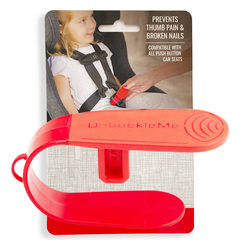


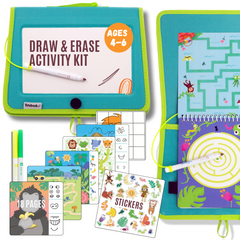
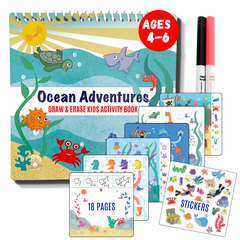
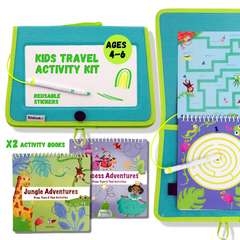
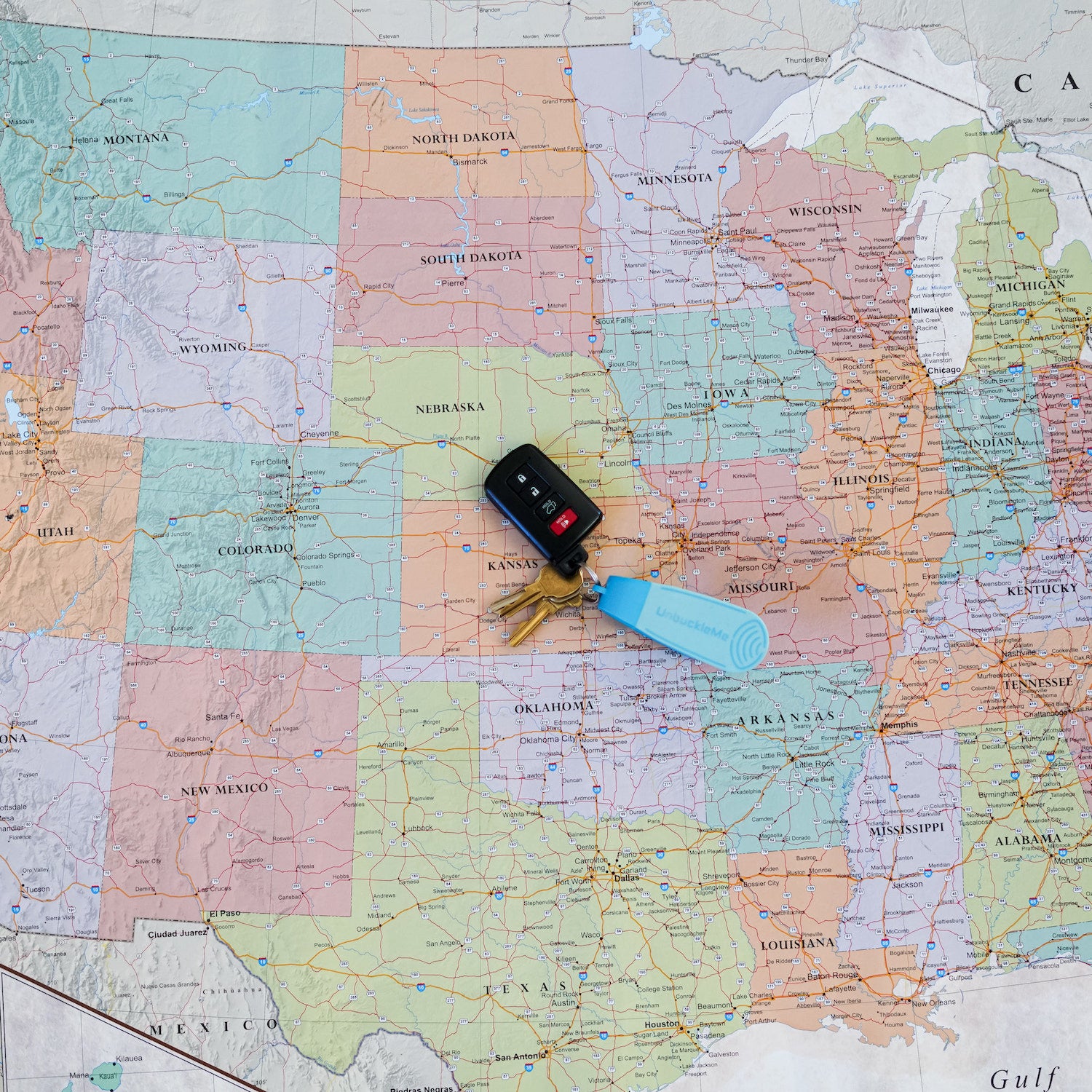
Leave a comment